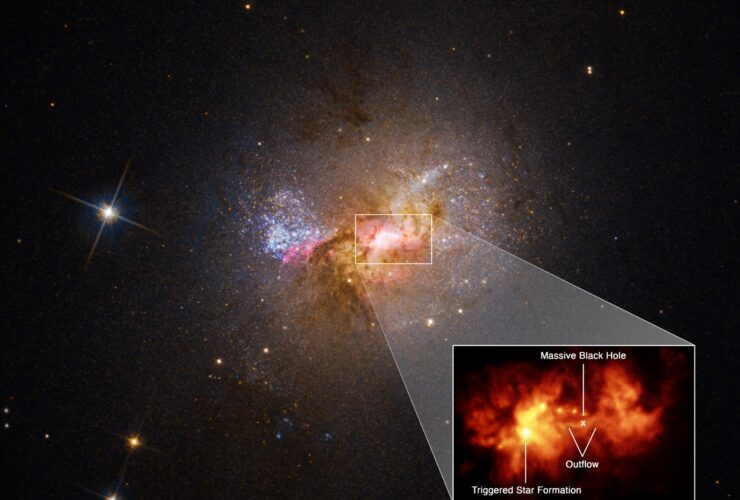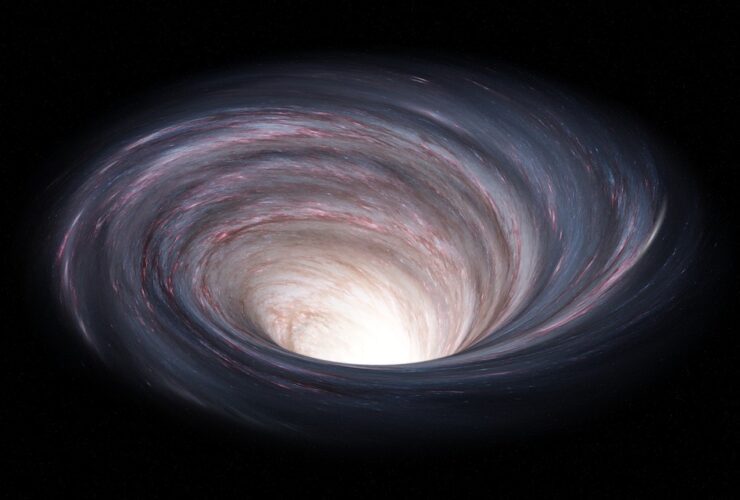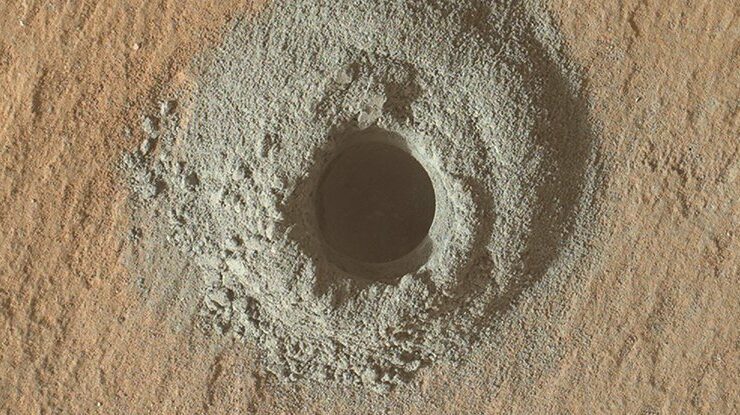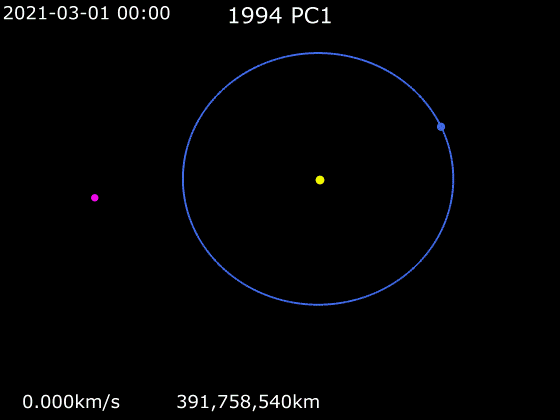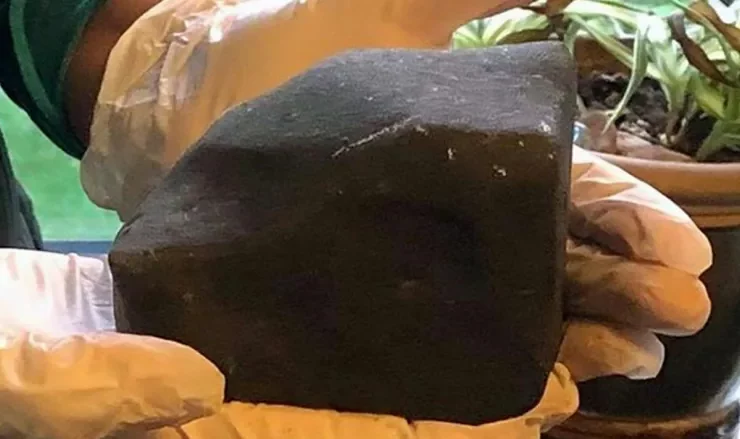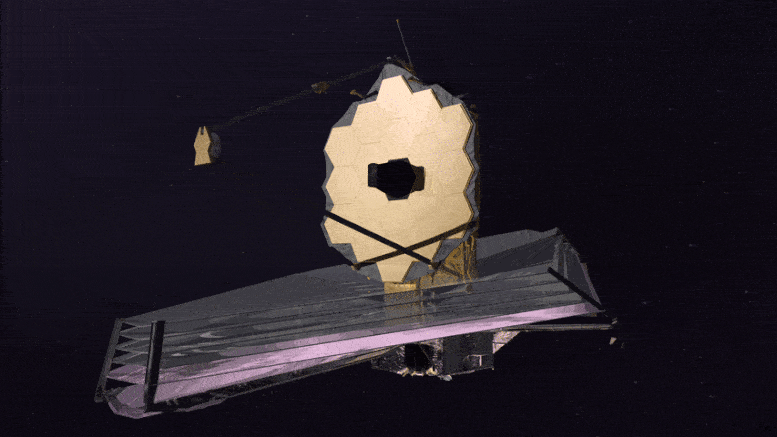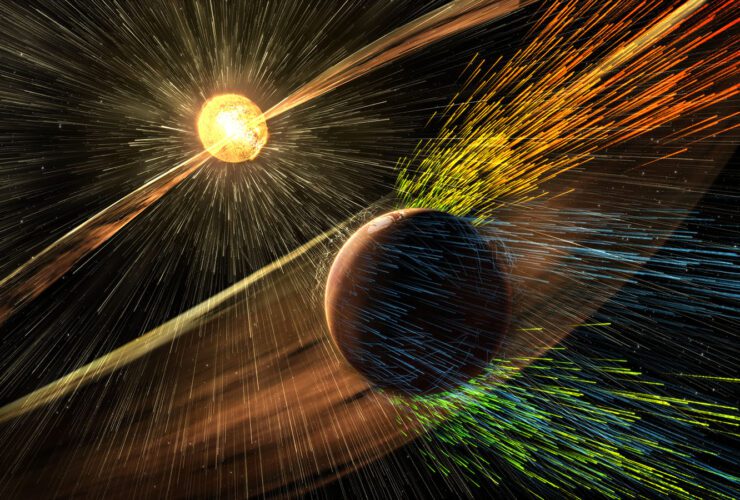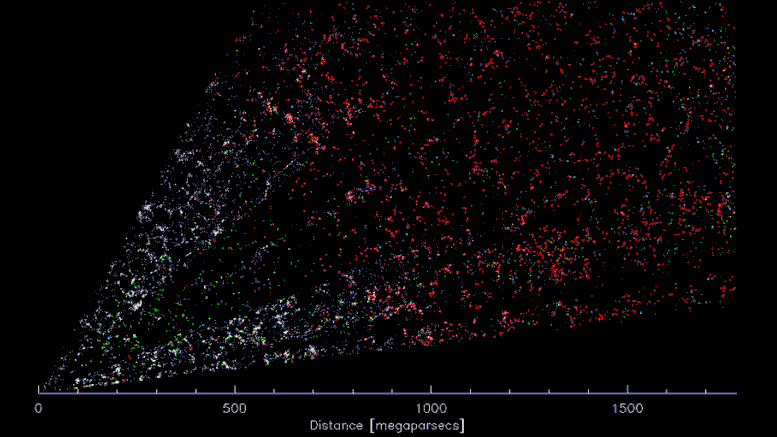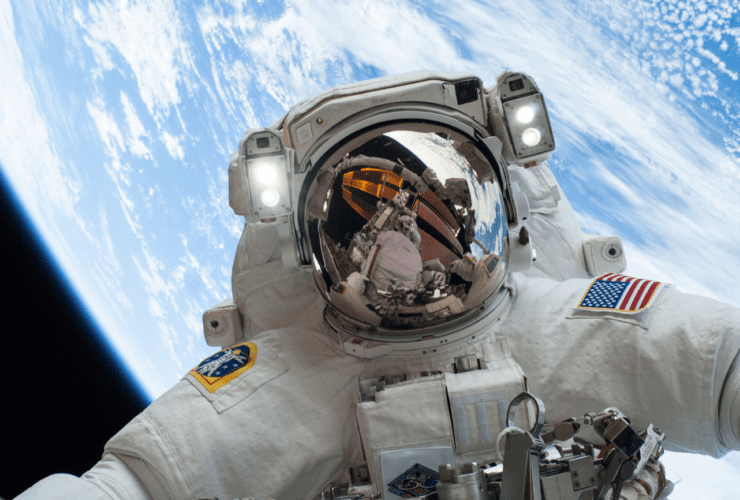Black holes, often depicted as the deadly creatures of cosmos, ripping apart stars, devouring everything that gets too near, and trapping light, are now taking on a less evil role in the newest Hubble Space Telescope study. Detailed data from ...
Because we can’t detect black holes, we don’t know how many there are in the vast Universe. But it doesn’t imply we don’t have any options for figuring it out. Stellar-mass black holes are the crumpled cores of dead big ...
As it’s the basis for all life on Earth, detecting carbon on other planets usually gets scientists thrilled – and the Curiosity Rover on Mars has uncovered a unique blend of the chemical element that may conceivably indicate the presence ...
Australian astronomers identified asteroid 7482 (1994 PC1) in 1994. It will travel within 1.2 million miles of our planet on Tuesday at 21:51 GMT. This was the closest approach since 1933, when it came within 699,000 miles of Earth. Tonight, ...
Western specialists are investigating a meteorite that became popular after falling into a woman’s bedroom in British Columbia. The meteorite piece traveled for hundreds of millions of years before landing on the planet. According to Western experts, a meteorite that ...
NASA successfully launched the biggest and most powerful space telescope ever built on December 25 from Earth. The James Webb Space Telescope (JWST) will use unparalleled technology to see both close and far, from our solar system’s planets and bodies ...
There is a lot of oxygen on Earth, but where did it come from?Today, about 21% of the air on Earth is made up of oxygen. But our planet’s atmosphere took a long time to get to the point where ...
A new study conducted by researchers at the University of Minnesota Twin Cities, using data from NASA’s Parker Solar Probe, provides new insight into what causes and accelerates the solar wind, which is a stream of charged particles emitted from ...
The Dark Energy Spectroscopic Instrument (DESI) has finished its first seven months of surveying by shattering all previous records for three-dimensional galaxy surveys, generating the most extensive and most comprehensive picture of the cosmos ever created. Despite this, it is ...
Space flight is well-known for being very difficult for the human body, but a recent study has demonstrated exactly how difficult it is on red blood cells in particular. Every second we are alive on this planet, our bodies generate ...

